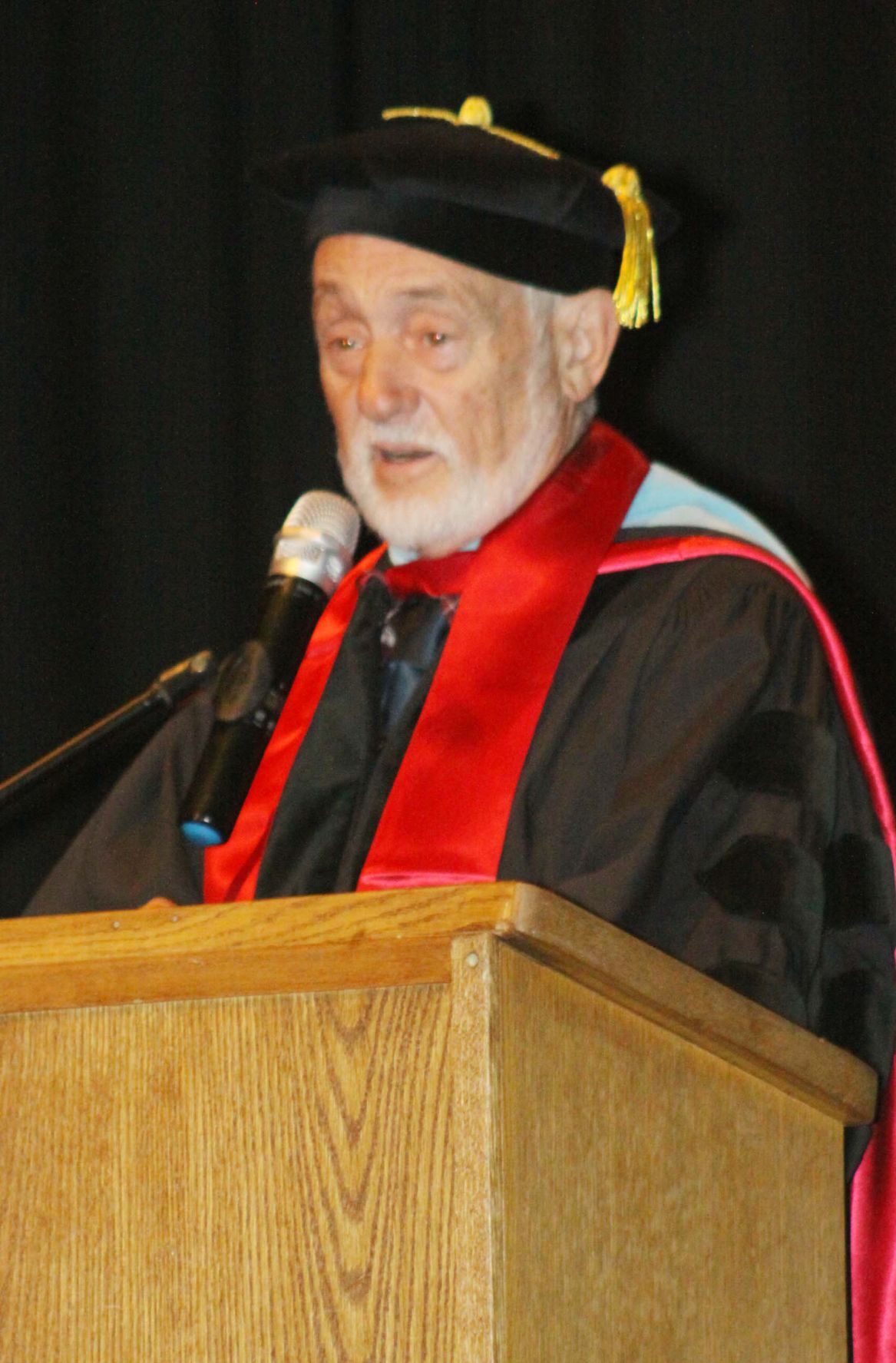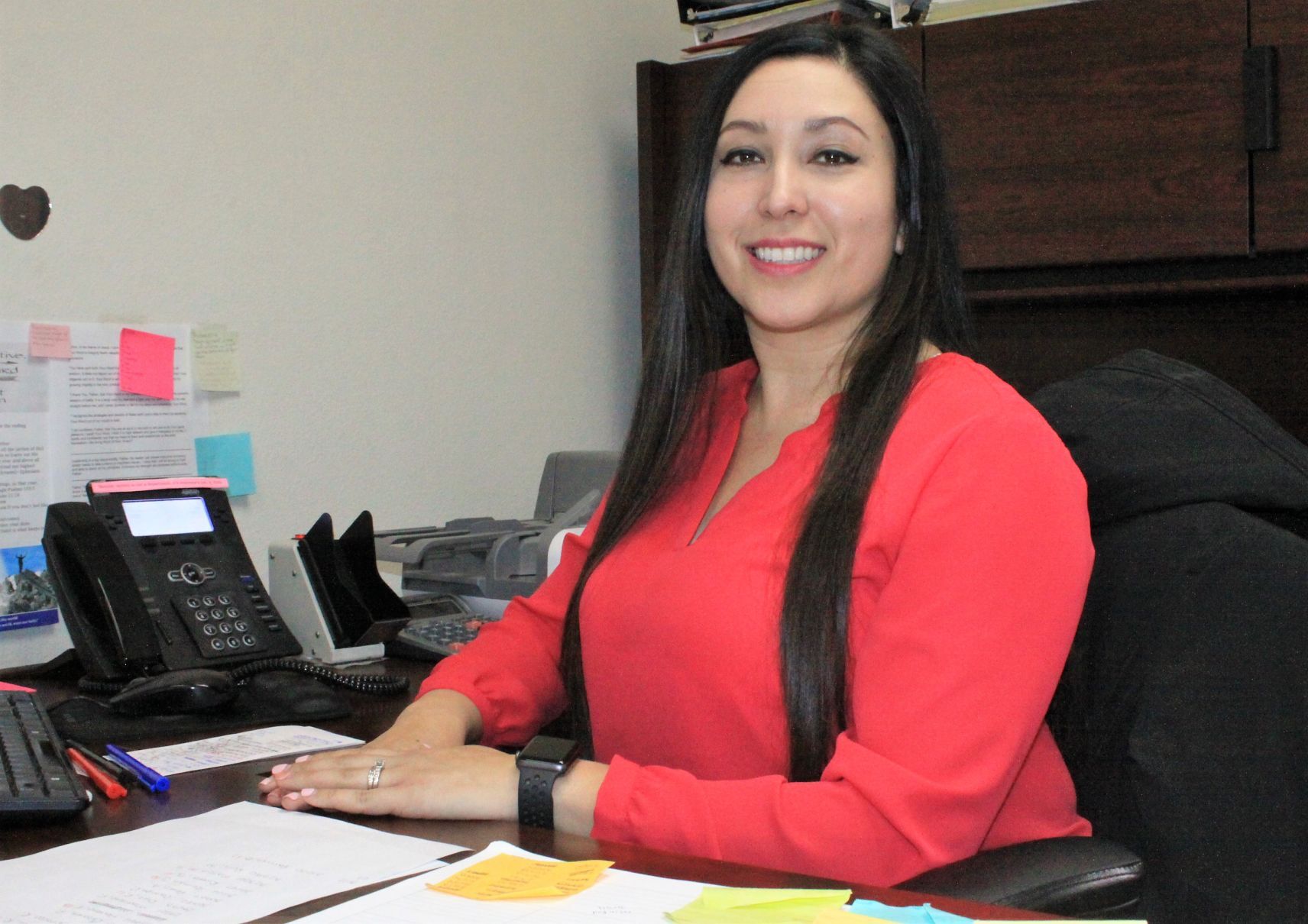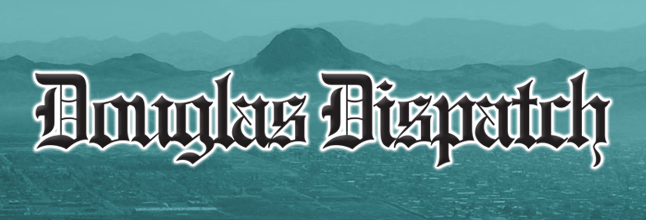

A 1970 redistricting gave Wilder a predominantly African-American district, and he became a liberal in a predominantly conservative, white-majority legislature. He was the first African American elected to the Virginia Senate since Reconstruction.

Wilder state senate campaign poster, 1969ĭouglas Wilder had joined the Democratic Party and began his career in public office by winning a 1969 special election for the Virginia State Senate from a Richmond-area district.

The couple had three children before divorcing in 1978: Lynn Diana Lawrence Douglas Jr. Wilder married Eunice Montgomery in 1958. After graduating in 1959, he established a law practice in Richmond, the Virginia capital. In 1956 he changed his career plans and entered Howard University Law School. įollowing the war, Wilder worked in the state medical examiner's office and pursued a master's degree in chemistry. He was a sergeant when he was discharged in 1953. At the Battle of Pork Chop Hill, he and two other men found themselves cut off from their unit, but they bluffed nineteen North Korean soldiers into surrendering, for which Wilder was awarded the Bronze Star Medal. ĭrafted into the United States Army during the Korean War, he volunteered for combat duty. Wilder worked his way through Virginia Union University, a historically black university, by waiting tables at hotels and shining shoes, graduating in 1951 with a degree in chemistry. While the family was never completely destitute, Wilder recalled his early years during the Great Depression as a childhood of "gentle poverty". Wilder's father sold insurance and his mother worked as a maid. The seventh of eight brothers and sisters, Wilder was named for the African-American writers Paul Laurence Dunbar and Frederick Douglass.

He is the grandson of slaves, his paternal grandparents having been enslaved in Goochland County. He is the son of Beulah Olive (Richards) and Robert Judson Wilder. Wilder was born on January 17, 1931, in the segregated Church Hill neighborhood of Richmond. After leaving office in 2009, he worked as an adjunct professor and founded the United States National Slavery Museum. Wilder returned to elective office in 2005, when he became the first directly elected mayor of Richmond. He also briefly ran as an independent in the 1994 Virginia Senate election before dropping out of the race. He briefly sought the 1992 Democratic presidential nomination, but withdrew from the race before the first primaries. Wilder left the gubernatorial office in 1994, as the Virginia constitution prohibits governors from immediately seeking re-election. In the 1989 Virginia gubernatorial election, Wilder narrowly defeated Republican Marshall Coleman. He remained in that chamber until 1986, when he took office as the Lieutenant Governor of Virginia, becoming the first African American to hold statewide office in Virginia. A member of the Democratic Party, Wilder won election to the Virginia Senate in 1969. He established a legal practice in Richmond after graduating from the Howard University School of Law. He is currently a professor at the eponymous Wilder School at Virginia Commonwealth University.īorn in Richmond, Virginia, Wilder graduated from Virginia Union University and served in the United States Army during the Korean War. state since the Reconstruction era, and the first African American ever elected as governor. He was the first African American to serve as governor of a U.S. Lawrence Douglas Wilder (born January 17, 1931) is an American lawyer and politician who served as the 66th Governor of Virginia from 1990 to 1994.


 0 kommentar(er)
0 kommentar(er)
